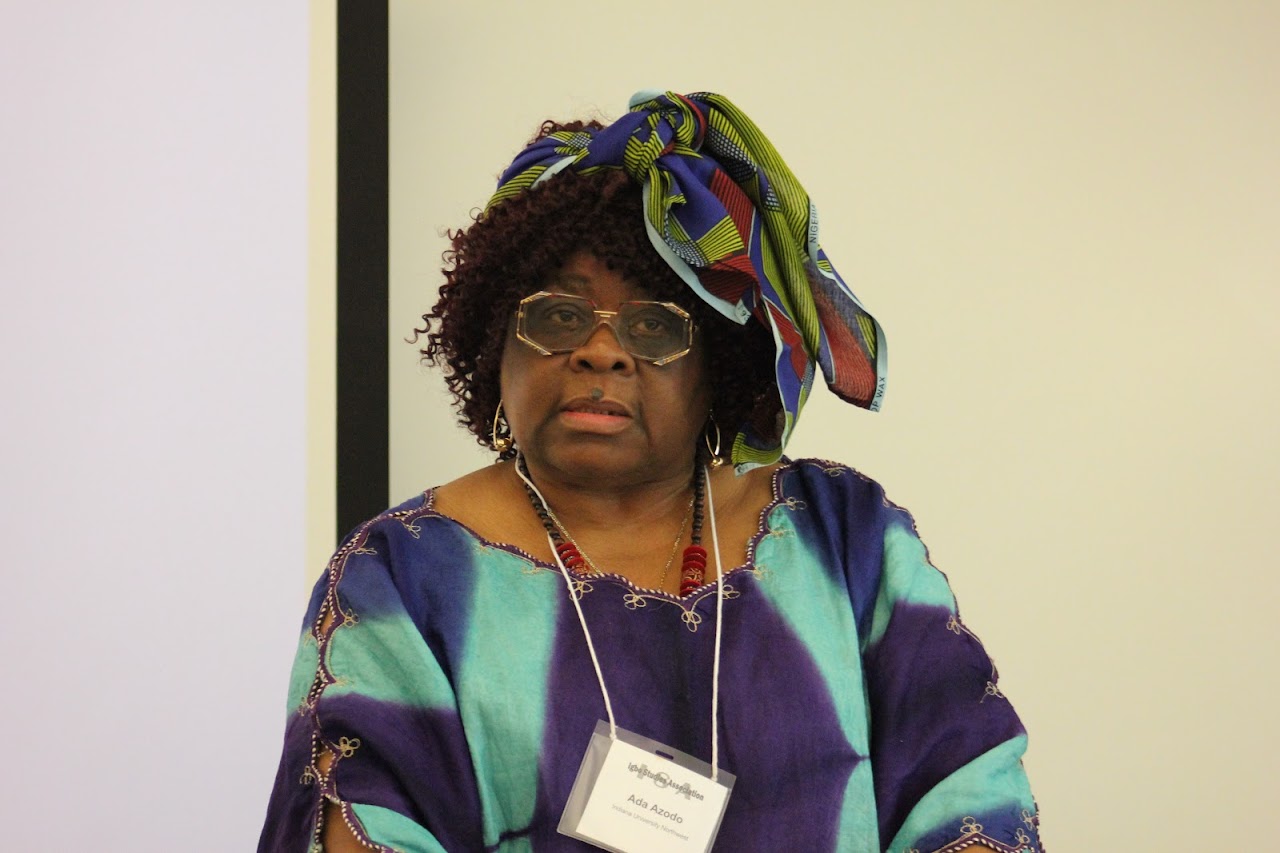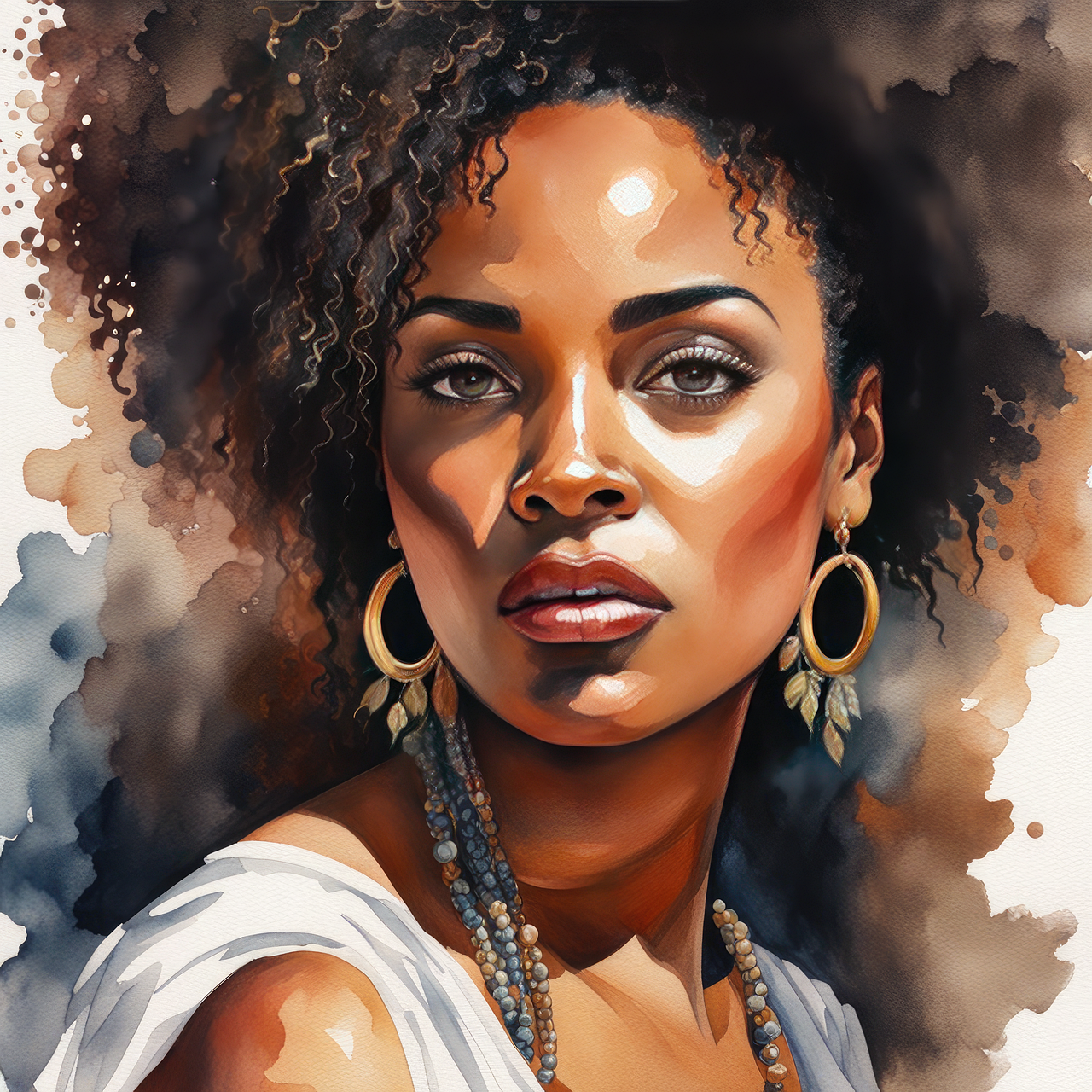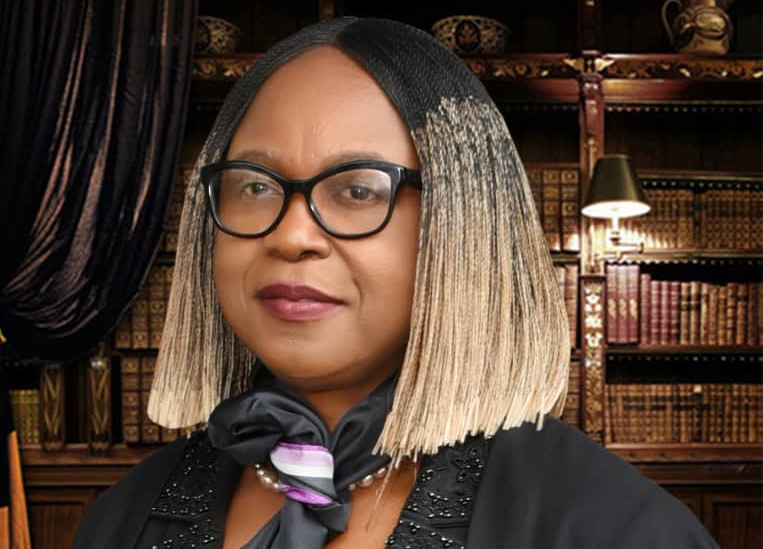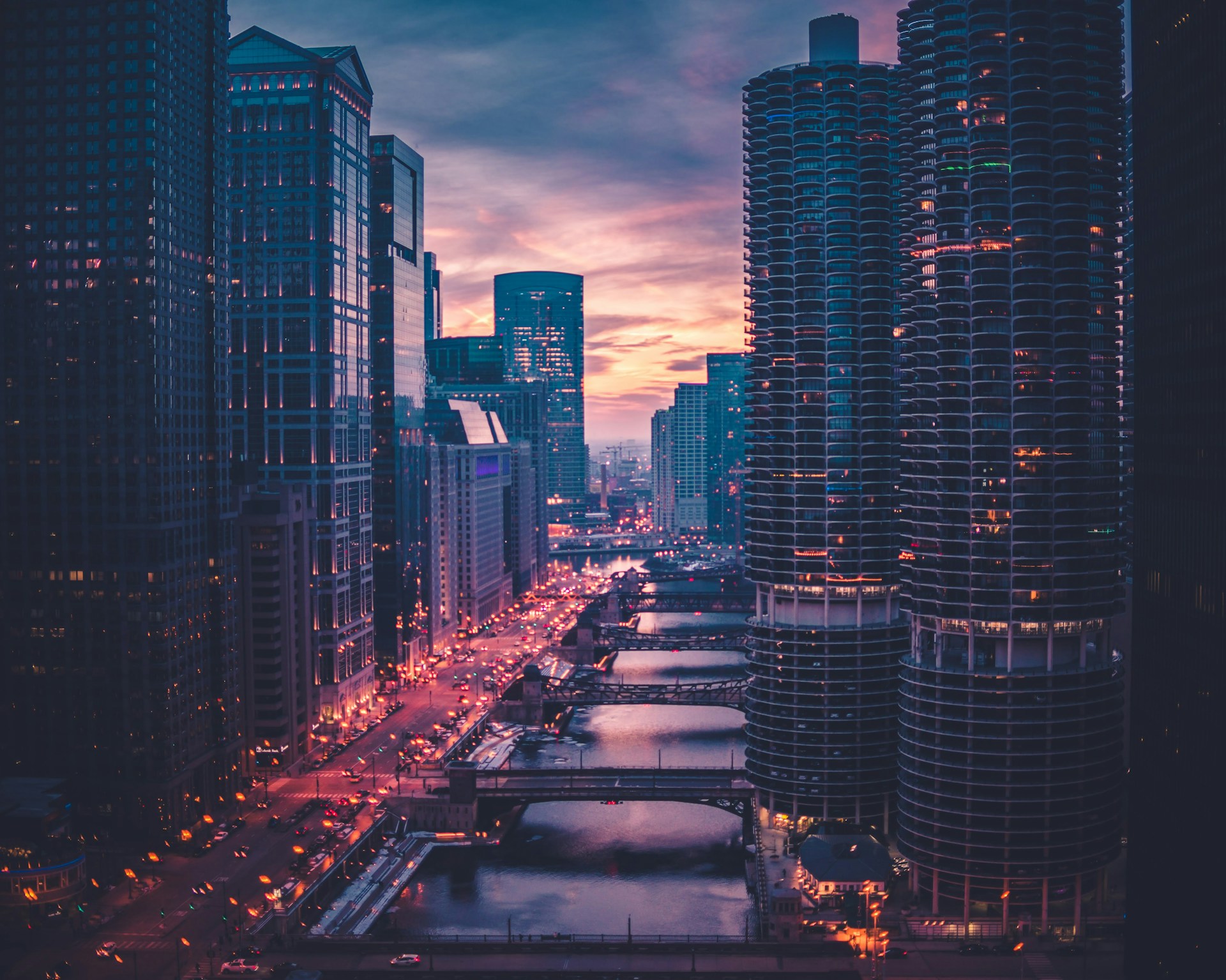
President Ada Uzoamaka Azodo’s Welcome Remarks at ISA 2018
Welcome Remarks at the 16th Annual Conference and Meeting of the Igbo Studies Association (USA) -- By Dr. Mrs. Ada Uzoamaka Azodo President, Igbo Studies Association (USA)
Welcome Remarks at the 16th Annual conference and Meeting of the Igbo Studies Association (USA)
By Dr. Mrs. Ada Uzoamaka Azodo
President, Igbo Studies Association (USA)
May 10, 2018
RIVER FOREST, ILLINOIS, USA
Good morning, Brothers and Sisters!
Igbo ọ ga-adikwa nu o! Ọ kwa ya e?
It is ‘Morning Yet on Creation Day,’ said Chinua Achebe.
Program Director, Professor, thank you Professor Chima Korieh, for all the hard work of getting the conference ready and for convening us for the 16th annual conference of the Igbo Studies Association, USA. Thank you, our hosts at Dominican University, for inviting us back!
Thank you very much, Keynote Speaker, Chimalum Nwankwo for accepting our invitation to come and speak to us and be with us these few days.
Welcome Everyone, to River Forest 2018, panelists, participants and attendees, for without you there would be no conference.
Igbo ọ ga-adikwa nu o! Ọ kwa ya e?
In the different sessions—roundtables, special presentation panels during this conference, we shall be projecting Igbo values and customs. Right? We shall explore what qualities help the Igbo people to endure travails and tribulations and survive, again and again. What to keep and what faults to eschew. The Igbo cosmology is rife with proverbs, art works, architecture, medicine, music, to mention only these aspects of the people’s culture that mirror Igbo worldview, customs and values.
Intrinsic to Igbo thought is the duality of vison, which merges the secular and the spiritual, the natural and the supernatural, the visible and the invisible in each and every person through his/her ‘Chi” and the community through the tension between one’s belonging to him/her self, the extended family, the community of the living, and of the living-dead and the ancestors. Put differently, in the Igbo worldview, there is reciprocal relationship between the living and the dead to which they defer all the time.
The Igbo say, and Chinua Achebe made this famous: “Ife Kwụlụ, ife ọzọ akwụ debe ya” (“When Something Stands, Something else Stands Beside it” (Morning yet on Creation Day, 1975, 99). Hence, to endure the Igbo seek the mid pathway where lies balance between opposites, equilibrium, for this gives hope for healthy and balanced living. There is also balance of the masculine and feminine elements of life.
How then can the Igbo endure? It is by circumspection, meaning, looking critically at options before action, and even in acting avoiding extremism. It is through the treasuring of individual achievement, but also respect for communal values and views. The Igbo worldview consistently curbs absolutism, through providing checks and balances designed to stop an individual from becoming stronger than the community. As Chinua Achebe put it:
The obvious curtailment of a man’s power to walk alone and do as he will is provided by another potent force,” says Chinua Achebe, “the will of the community. For wherever Something stands, no matter what, Something else will stand beside it (Morning Yet on Creation Day, 139).
Chinua Achebe also had this to say:
The Limit (of a man’s or woman’s aspirations) is not the sky; it is somewhere much closer to earth. A sensible man (woman) will turn around at the frontiers of absolutism and head for home again (Morning Yet on Creation Day, 135).
Brothers and Sisters, I charge you to go into those conference rooms and attempt to project these values and customs that the Igbo have all but lost in the course of history and modernity. It is never too late to start over until you say it is too late!
Welcome to the Dominican University, River Forest!
Igbo ga-adị nu o!
It is ‘Morning Yet on Creation Day.’




